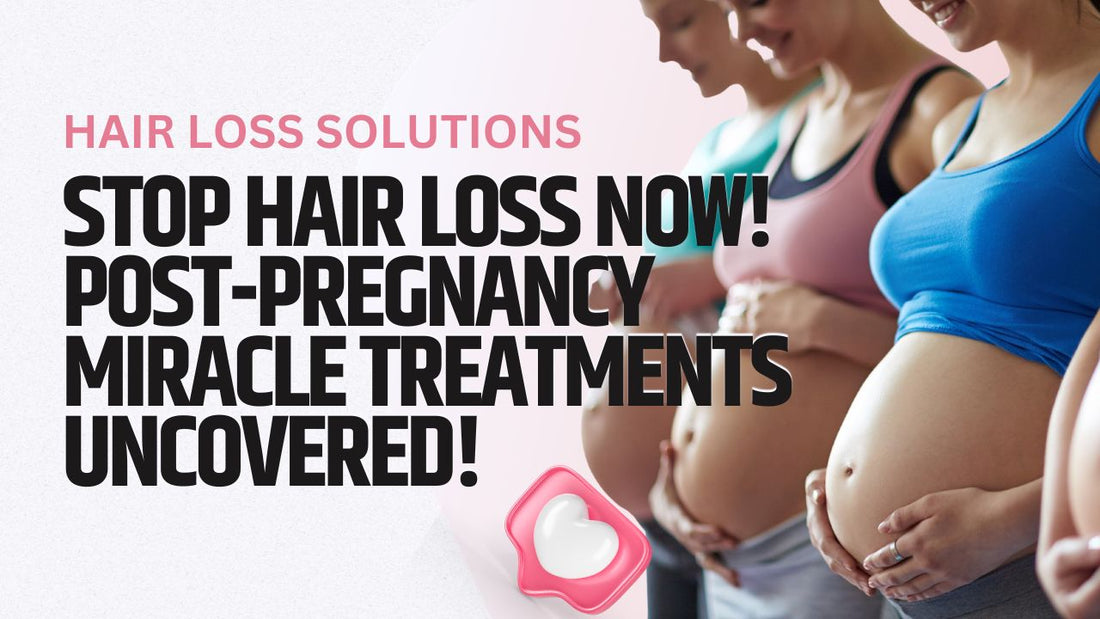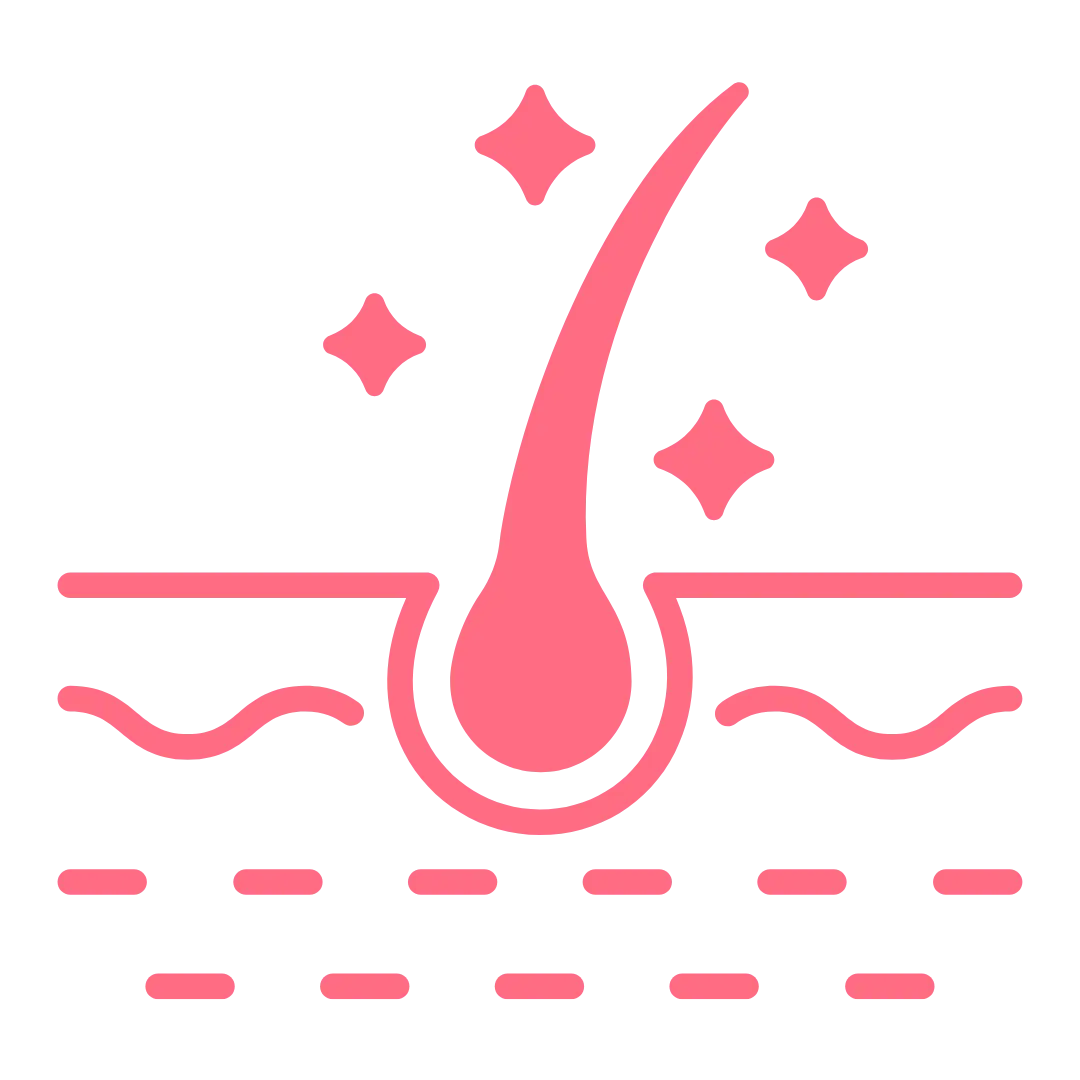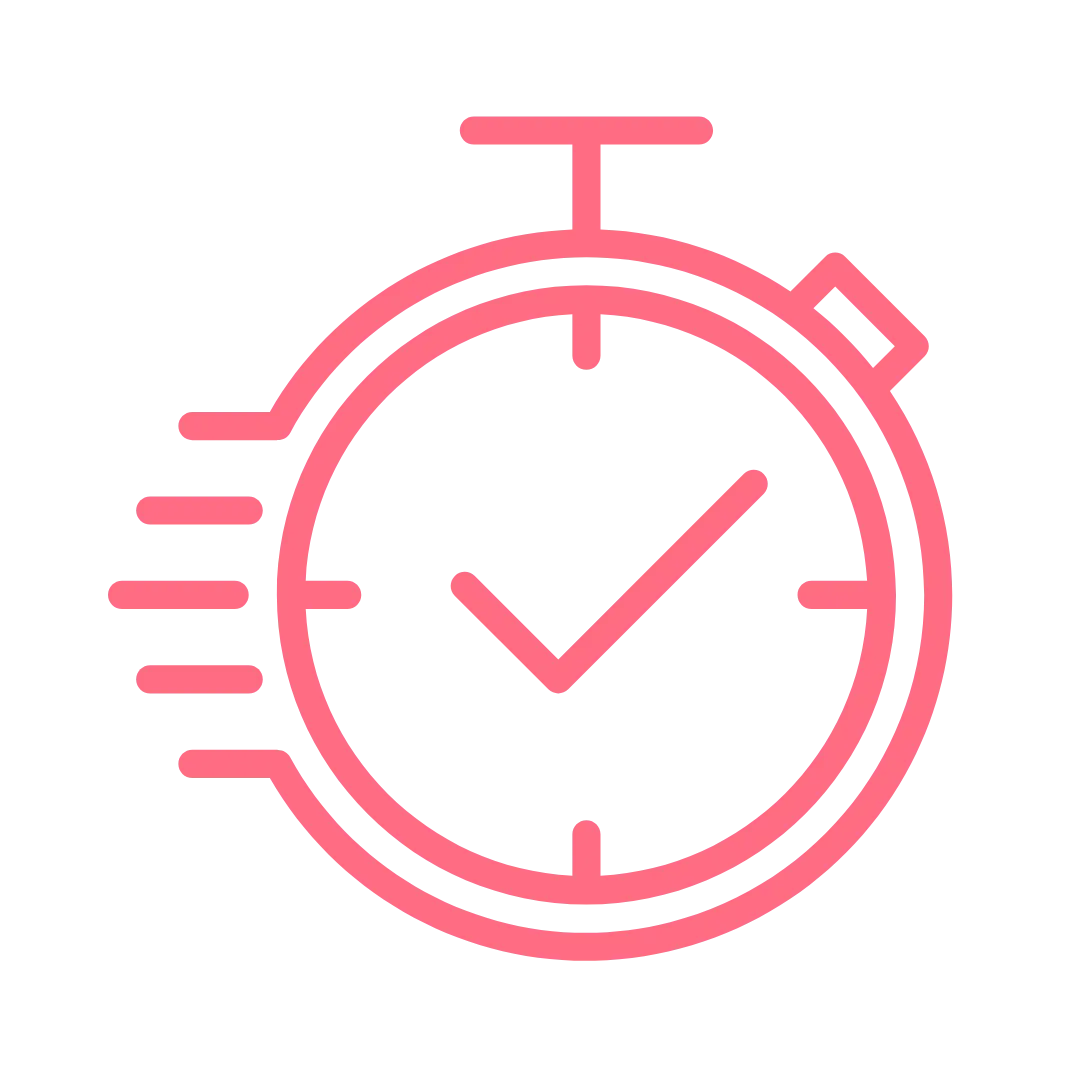
Stop Hair Loss NOW! Post-Pregnancy Miracle Treatments Uncovered!
Share
Motherhood is a journey like no other. Along with its unmatched joys, it brings about many transformations in a woman's body. One of the challenges faced by many new moms is hair loss. However, the good news is that there are treatments available to combat this issue. Let's delve into the world of post-pregnancy hair loss and explore the solutions at our disposal.

Understanding Post-Pregnancy Hair Loss
The Science Behind Hair Fall After Delivery
During pregnancy, elevated estrogen levels lead to an increased number of hairs entering the growing phase. This is why many women enjoy thick and lustrous locks during those nine months. But after childbirth, as the estrogen levels drop, a larger number of hairs than usual move into the shedding phase. This phenomenon, often called postpartum hair loss, usually starts around three months post-delivery and can last up to a year.

Common Myths Associated with Post-Pregnancy Hair Loss
Several misconceptions surround hair loss after pregnancy. Some believe it's a sign of vitamin deficiency, while others think that it’s due to breastfeeding. The truth is, that this shedding is a natural process and isn't influenced by vitamins or breastfeeding.
Top Miracle Treatments for Post-Pregnancy Hair Loss
Proactive Hair Growth Shampoos and Conditioners
The market today offers numerous hair growth shampoos and conditioners packed with potent ingredients, like biotin, keratin, and natural extracts. These products can strengthen the hair from the roots, minimizing breakage.
Hair Growth Serums and Oils
Serums and oils, especially those with minoxidil, can stimulate the hair follicles, promoting regrowth. When consistently applied, these can make a noticeable difference.
Advanced Therapies: Laser Treatment and Platelet-Rich Plasma (PRP)
Modern dermatological advancements offer treatments that are showing promising results. Laser treatments involve using red light to stimulate hair follicles, whereas PRP uses the patient's blood, processed to increase platelet concentration, and is then injected into the scalp.

The Magic of Natural Remedies
The Power of Essential Oils: Rosemary, Lavender, and Peppermint
Nature is a treasure trove of remedies. Essential oils, for instance, have been used for centuries to promote hair health. Rosemary oil can improve hair thickness, lavender oil can speed up hair growth, and peppermint oil can increase the number of follicles.

Herbal Supplements and Their Efficacy
Supplements like ginseng, saw palmetto, and horsetail have been cited to boost hair growth. However, it’s crucial to consult with a healthcare professional before adding any supplements to your regimen.
DIY Hair Masks for Lush, Thick Hair
A weekly hair mask can provide the much-needed nourishment post-pregnancy hair craves. Ingredients like yogurt, honey, and egg can fortify hair strands, giving them a healthy shine.
The Marvel of Proactive Rosemary Hair Booster Oil
The Ancient Secret of Rosemary Oil
For centuries, rosemary has been celebrated for its plethora of health benefits. From aiding memory to boosting the circulatory system, rosemary's prowess has been documented across various cultures. When it comes to hair health, rosemary oil stands out as a champion.
Key Benefits for Post-Pregnancy Hair Loss
- Stimulation of Hair Follicles: The primary advantage of rosemary oil is its ability to improve cellular generation. When applied to the scalp, it can stimulate the hair follicles, potentially leading to hair growth.
- Natural DHT Blocker: Dihydrotestosterone (DHT) is a hormone partly responsible for hair thinning in women. Rosemary oil acts as a natural DHT blocker, curbing hair loss.
- Scalp Nourishment: Besides promoting growth, rosemary oil is known to nourish the scalp, ensuring healthier hair strands.
How to Incorporate Proactive Rosemary Hair Booster Oil in Your Regime
- Direct Application: After a shower, when your scalp is still damp, take a few drops of the oil and massage it gently onto your scalp. This routine, done two to three times a week, can yield promising results.
- Mix with Shampoo: For those who prefer a more subtle approach, mixing a few drops of Proactive Rosemary Hair Booster Oil with your regular shampoo can be effective. It ensures that each time you cleanse your hair, it receives the nourishing benefits of rosemary.
Diet, Nutrition, and Hair Health
Foods That Fortify Hair Health
Diet plays a pivotal role in determining hair health. Consuming a balanced diet rich in proteins, vitamins, and minerals can significantly mitigate hair loss.
- Proteins: Hair is primarily made of protein. Thus, foods rich in proteins such as eggs, lean meats, and legumes can promote hair health.
- Vitamins: Vitamin E, found in nuts and seeds, can boost hair growth. Vitamin A, abundant in sweet potatoes, carrots, and kale, aids sebum production, keeping the scalp moisturized.
- Iron and Zinc: Spinach, lentils, and beef are high in iron and zinc – two minerals essential for hair health.

Lifestyle Changes for Lush Locks
- Stress Management Childbirth and motherhood can be overwhelming, and stress is a significant factor contributing to hair loss. Incorporating relaxation techniques such as yoga, meditation, or even simple breathing exercises can curb hair shedding.
- Regular Scalp Massages A weekly scalp massage, especially with nourishing oils, can stimulate hair follicles, promoting growth. It also aids in relaxation, killing two birds with one stone.
- Limiting Heat Exposure Avoiding frequent use of hair dryers, straighteners, and curlers can prevent further damage to post-pregnancy hair.
Concluding Thoughts on Combatting Post-Pregnancy Hair Loss
Hair loss after pregnancy might be a common experience, but that doesn't make it any less distressing. Fortunately, with the right knowledge and tools at our disposal, reclaiming the health and vitality of our tresses is within reach.
Do's and Don'ts for Hair Health Post-Pregnancy
Do's:
- Maintain a Balanced Diet: Ensure your meals are rich in protein, vitamins, and essential minerals to support hair growth.
- Use Gentle Hair Products: Opt for natural, sulfate-free shampoos and conditioners to avoid further hair damage.
- Regular Scalp Massages: They not only promote hair growth but also offer relaxation.
- Stay Hydrated: Water helps in flushing out toxins and supports overall hair health.
Don'ts:
- Avoid Tight Hairstyles: Hair pulling styles like tight ponytails or braids can exacerbate hair loss.
- Limit Heat Styling: Regular use of heat tools can weaken the hair structure.
- Skip Chemical Treatments: Avoid coloring, perming, or chemically straightening your hair during this sensitive period.
- Don't Panic: Remember, post-pregnancy hair loss is temporary. With proper care, your hair will regain its former glory.
FAQs on Post-Pregnancy Hair Loss
Is hair loss after childbirth permanent?
No, post-pregnancy hair loss is a temporary phase. With the right care and attention, most women notice hair regrowth within several months.
Can I use regular hair products during this period?
While you can, it's recommended to use gentle, natural hair products that minimize damage.
How does Proactive Rosemary Hair Booster Oil help?
Proactive Rosemary Hair Booster Oil stimulates hair follicles, blocks DHT (a hormone contributing to hair thinning), and nourishes the scalp. It's a natural remedy to support hair health.
How soon can I expect to see results after using hair treatments?
The timeline can vary for each individual. Consistency is key. Most women notice improvements within three to six months of consistent care.
Are there any side effects to natural hair treatments?
Most natural treatments, including rosemary oil, have minimal side effects. However, always do a patch test before full application to ensure no allergic reactions.



















